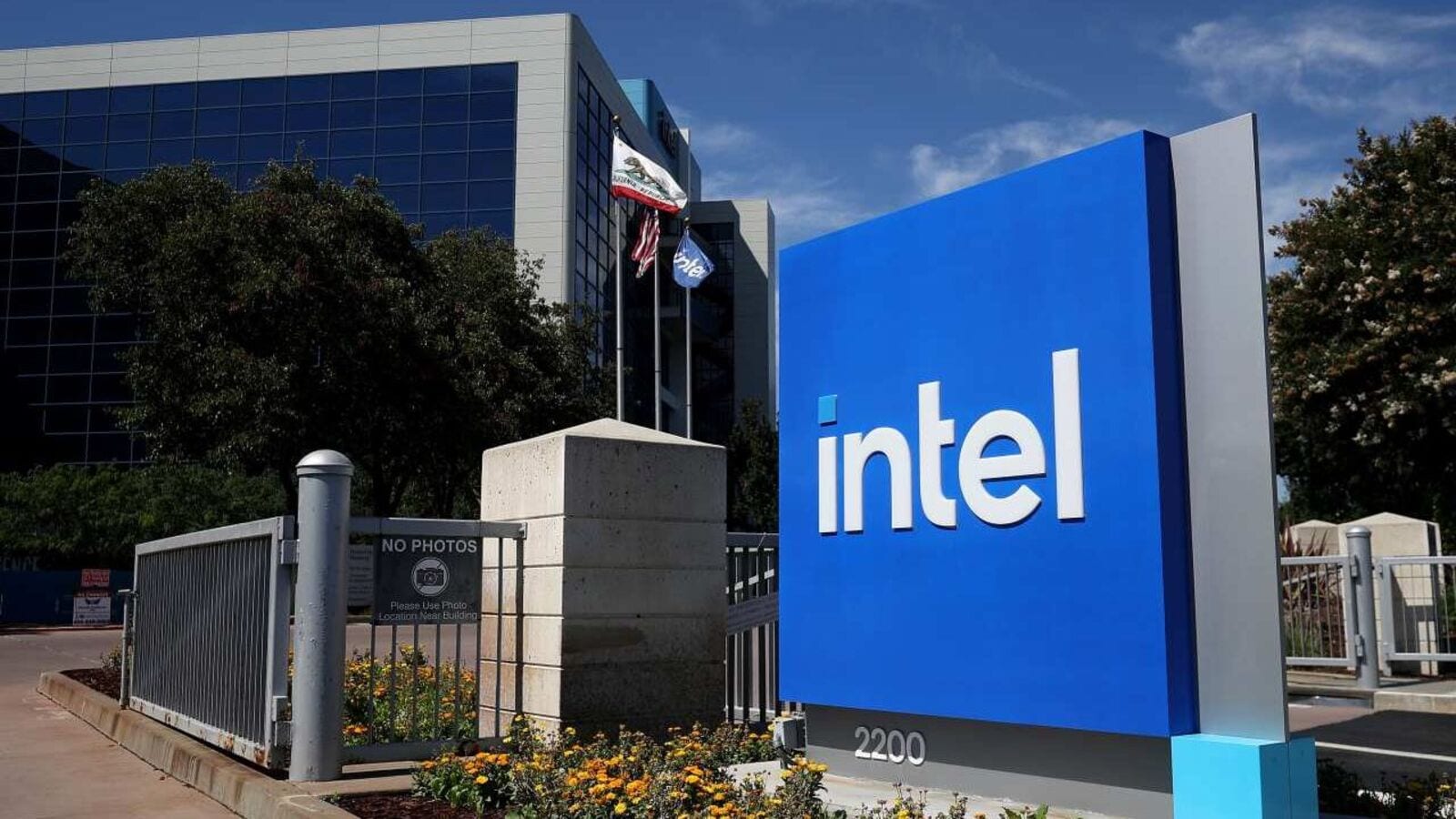Intel Takes Bold Step by Selling Majority Stake in Altera to Silver Lake
In a significant move aimed at revitalizing its operations, Intel Corporation has decided to sell a 51% stake in its Altera programmable chip business to the private equity firm Silver Lake for $4.46 billion. This strategic decision marks the first major initiative under the leadership of new CEO Lip-Bu Tan, who is navigating the company through a challenging landscape.
Valuation Shift and Financial Strategy
The recent deal, revealed on Monday, values Altera at $8.75 billion, a stark contrast to the nearly $17 billion Intel invested in the company back in 2015. This sale is expected to provide a much-needed cash influx for Intel as it embarks on an aggressive cost-cutting strategy following extensive investments aimed at transforming the company into a contract manufacturer under former CEO Pat Gelsinger.
- Sale Value: $4.46 billion
- Previous Investment in Altera: Nearly $17 billion
- Current Valuation of Altera: $8.75 billion
Streamlining Operations and Future Focus
Tan’s approach to revitalize Intel centers around streamlining operations and shedding non-core assets, including the company’s stake in Altera. This strategy follows years of leadership challenges, where past CEOs struggled to diversify beyond Intel’s traditional focus on PC and server chips.
The shifting landscape of the tech industry, particularly the rise of artificial intelligence (AI), has created pressure on Intel to adapt swiftly. The company has notably lost ground to competitors like Nvidia, which has established a stronghold in the AI accelerator market, while AMD continues to pose a threat to Intel’s dominance in central processors.
Leadership Changes and Vision for the Future
Intel’s board made the decision to oust Gelsinger last year due to a lack of momentum in his revival plan. With Tan now at the helm, he emphasized the necessity of divesting assets that do not align with Intel’s core mission. At a recent company conference, he highlighted the need for the company to innovate by developing new products, including custom semiconductors, to better cater to client demands.
Tan also noted the importance of:
- Replacing lost engineering talent
- Strengthening the company’s balance sheet
- Enhancing manufacturing processes to meet customer needs
While he refrained from naming specific divisions under review, it’s clear that Intel is in a critical phase of transformation.
Conclusion
As Intel navigates this pivotal moment, the sale of its Altera stake not only underscores its strategic shift but also positions the company to reclaim its competitive edge in the semiconductor industry. With Tan’s leadership, Intel aims to reconnect with its customers and explore new avenues for growth in an increasingly AI-driven market.











